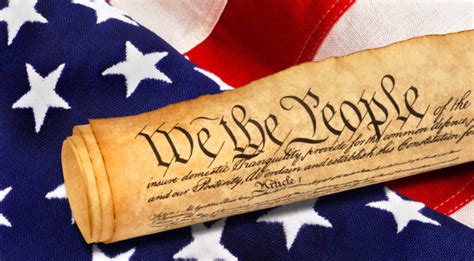

Fortifying Sovereign American Citizens with Common Sense, Liberty & Freedom
It’s imperative that the People restore The Bill of Rights, which are the first ten amendments to the U.S. Constitution.
Our nation’s founding fathers understood the importance of these ten amendments to the continued viability of our Constitutional republic. We’ve witnessed the trampling of these critically important Constitutional Rights by an overbearing, out-of-control government for too many years.
1) The First Amendment provides protections for several rights – including the right to express ideas through speech and the press, to assemble or gather with a group to protest or for other reasons, and to ask the government to fix problems. It also protects the right to religious beliefs and practices. It prevents the government from creating or favoring a religion.
2) The Second Amendment protects the right to keep and bear arms and to maintain a well regulated militia.
3) The Third Amendment prevents government from forcing homeowners to allow soldiers to use their homes. Before the Revolutionary War, laws gave British soldiers the right to take over private homes. In other word, no quartering of soldiers.
4) The Fourth Amendment bars the government from unreasonable search and seizure of an individual or their private property.
5) The Fifth Amendment provides several protections for people accused of crimes. It states that serious criminal charges must be started by a grand jury. A person cannot be tried twice for the same offense (double jeopardy) or have property taken away without just compensation. People have the right against self-incrimination and cannot be imprisoned without due process of law (fair procedures and trials.)
6) The Sixth Amendment provides additional protections to people accused of crimes, such as the right to a speedy and public trial, trial by an impartial jury in criminal cases, and to be informed of criminal charges. Witnesses must face the accused, and the accused is allowed his or her own witnesses and to be represented by a lawyer.
7) The Seventh Amendment extends the right to a jury trial in Federal civil cases.
8) The Eighth Amendment bars excessive bail and fines and cruel and unusual punishment.
9) The Ninth Amendment states that listing specific rights in the Constitution does not mean that people do not have other rights that have not been spelled out. The enumeration in the Constitution of certain rights shall not be construed to deny or disparage others retained by the people.
10) The Tenth Amendment says that the Federal Government only has those powers delegated in the Constitution. If it isn’t listed, it belongs to the states or to the people. Powers are reserved to the states that are not specifically given to the United States. This amendment is important to stop tyrannical centralized government control.

